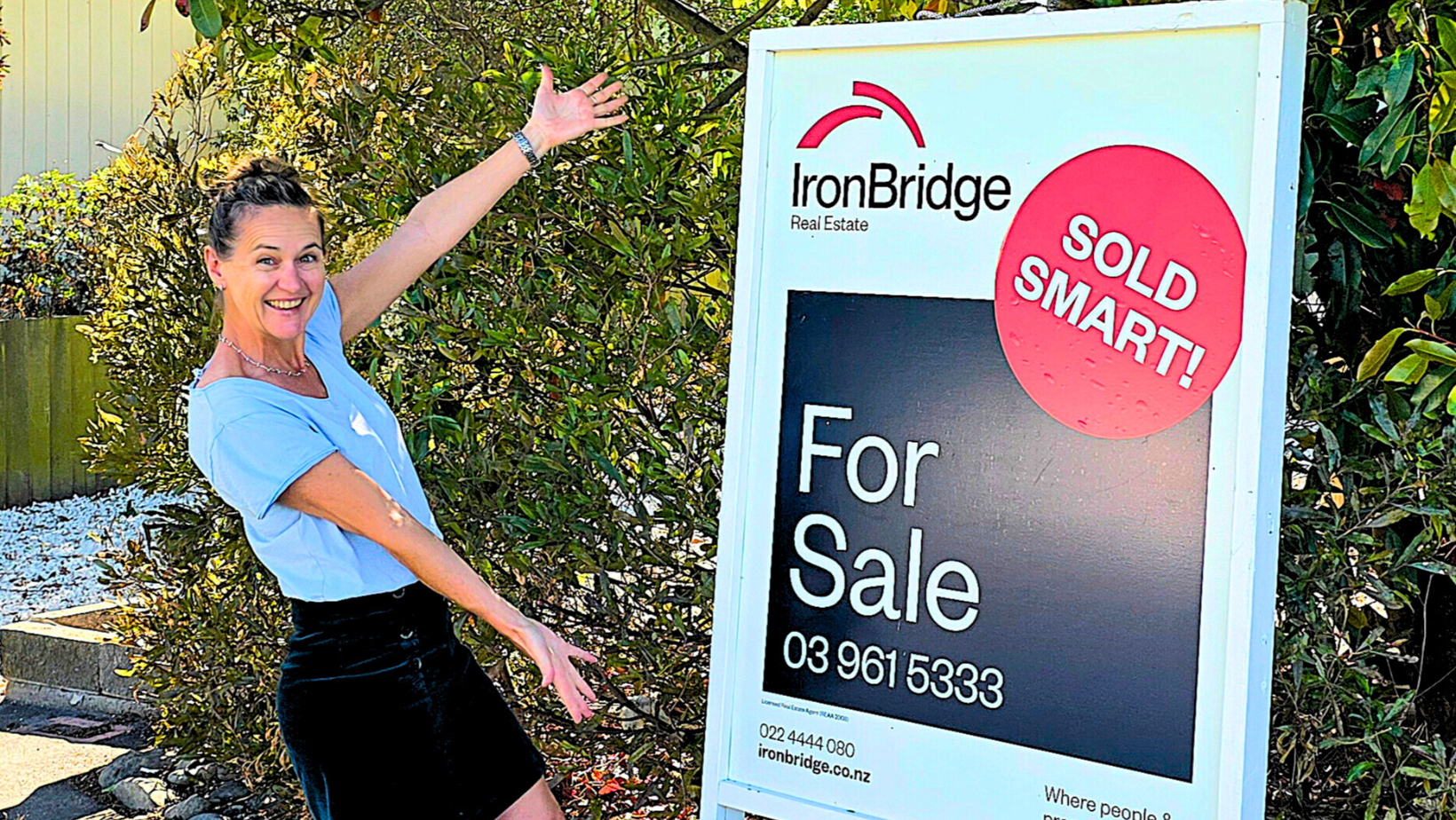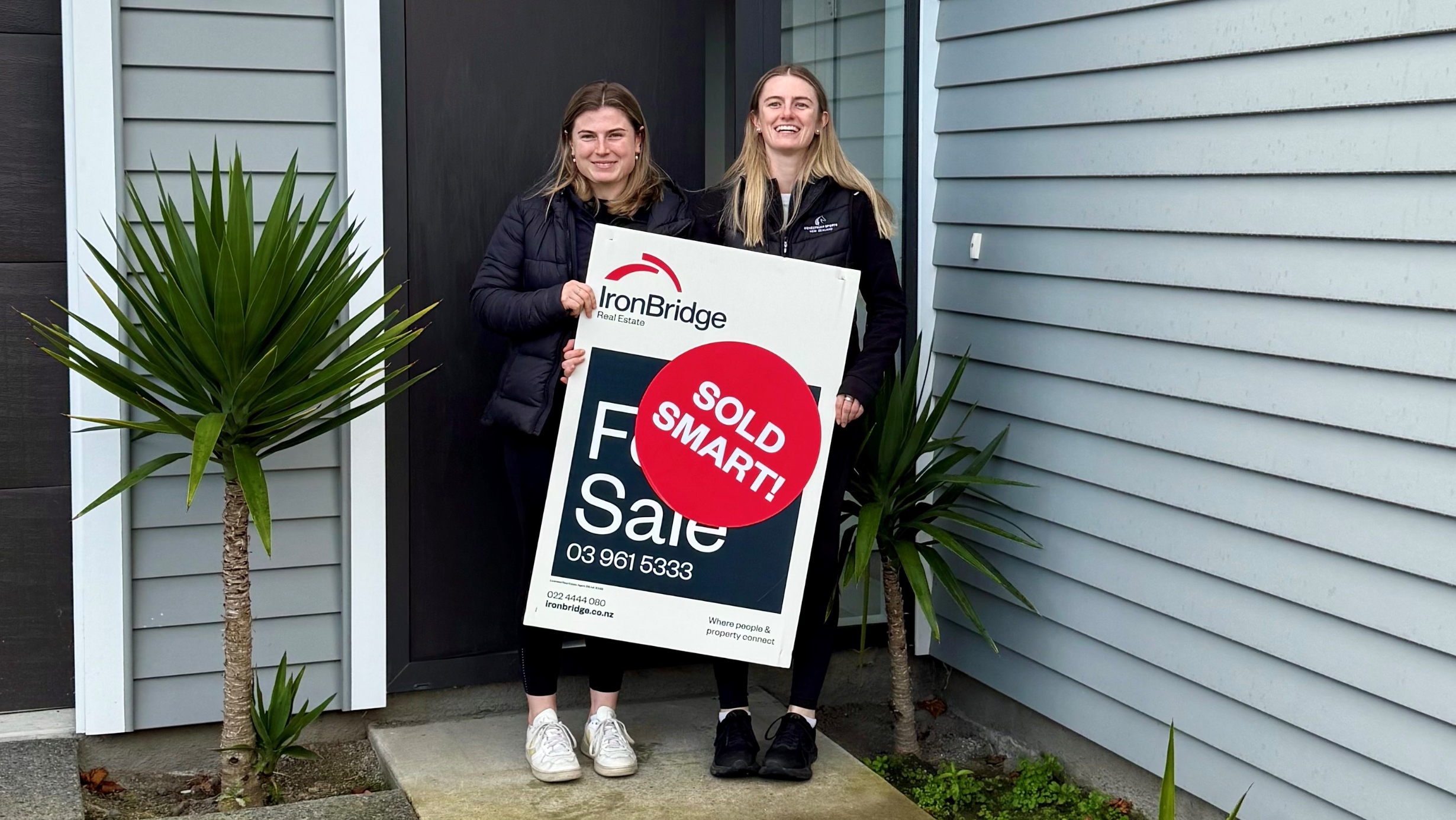When it comes to buying or selling property, the role of a real estate agent can be pivotal—but not always in ways you expect. Some agents rely on tactics that, while common in the industry, may not serve your best interests.
From inflated price quotes to misleading negotiation tactics, it’s important to be aware of these strategies so you can avoid costly mistakes. In this article, we outline six tactics you may encounter, explain how they work, and most importantly, offer practical ways to protect yourself and stay in control throughout the process.
Overquoting to Sellers
Real estate agents have long used overquoting as a way to win listings. By suggesting an unrealistically high sale price, they appeal to a seller’s hopes rather than the market reality.
In a rising market, overquoting does minimal damage—strong demand often bridges the gap between the inflated estimate and actual sale price. But in a falling or stagnant market, that gap can widen significantly, costing vendors real equity with each percentage point the market declines.
Accurately priced properties still attract competitive bidding, regardless of market conditions.
Solution: Choose an agent based on their selling strategy, not the price they quote. The right strategy will deliver the right result. You can also consider inserting a clause in the agency agreement reducing the agent’s commission if they fail to achieve the price they originally quoted.
Underquoting to Buyers
Underquoting is a tactic buyers are almost certain to encounter with some agents promoting properties well below market value to attract larger crowds at auctions.
While not every agent underquotes, the safest approach is to do your own price research. If a home appears worth more than the guide suggests, trust your instincts—you’re probably right.
Solution: Base your offer on independent market research and your financial capacity. Ignore the agent’s guide, especially for public auctions, where outcomes can vary widely.
Conditioning Vendors
Conditioning happens when agents initially praise your home to secure the listing, then gradually feed you negative feedback to push your expectations down closer to market value.
Sellers are often surprised when their once-upbeat agent starts pointing out flaws—everything from small bedrooms to noisy surroundings—after listing the property.
Solution: Only sign short exclusive agency agreements. If you start receiving manufactured or exaggerated negatives, you’re likely being conditioned. Don’t hesitate to switch agents if needed.
Excessive Upfront Costs for Sellers
To motivate vendors, some agents push them to spend heavily upfront—on advertising, styling, renovations, and even removing tenants (which also affects rental income). Often, these costs are framed as essential, when they might not be.
Solution: If the property does not sell for any reason, the agent should wear the expenses. This approach shifts the financial risk back to the agent and often results in a more efficient and cost-effective campaign, focussed on the property.
Locking Sellers into Long Agency Agreements
After talking up how well the property will sell, agents will still look to lock the vendors into a 90 exclusive agreement.
If an agent is confident in their buyers and strategy, they shouldn’t need three months to sell a single property.
Solution: Read the agency agreement carefully before signing. Limit the exclusive period to a maximum of 60 days, with optional extensions in 14 or 21-day blocks if they’re performing well. Maintain control of your property—and the agent working for you.
Creating Fictitious Buyers or Offers
Some agents claim to have competing offers that don’t exist, especially during pre-auction negotiations. This can push buyers to offer more than they otherwise would.
In many cases, these properties later sell for less than the supposed competing offers—revealing the bluff. One couple even discovered they’d overpaid after hearing from the vendor and new neighbours that no other serious buyers existed.
Solution: Be alert to pressure tactics during negotiations. An agent’s role is to achieve the best price through fair and transparent means. If claims of other buyers feel suspicious or unsupported, step back and reassess.
Conclusion
Understanding these common tactics can help you avoid falling into traps—whether you’re buying or selling. The key is to stay informed, ask the right questions, and work with professionals who prioritise transparency and trust. By spotting these behaviours early and using the solutions outlined above, you’ll be in a stronger position to protect your interests and make more confident property decisions.
If you are thinking of buying or selling, get in touch with the Iron Bridge team today.


